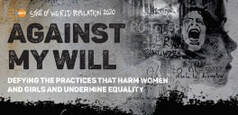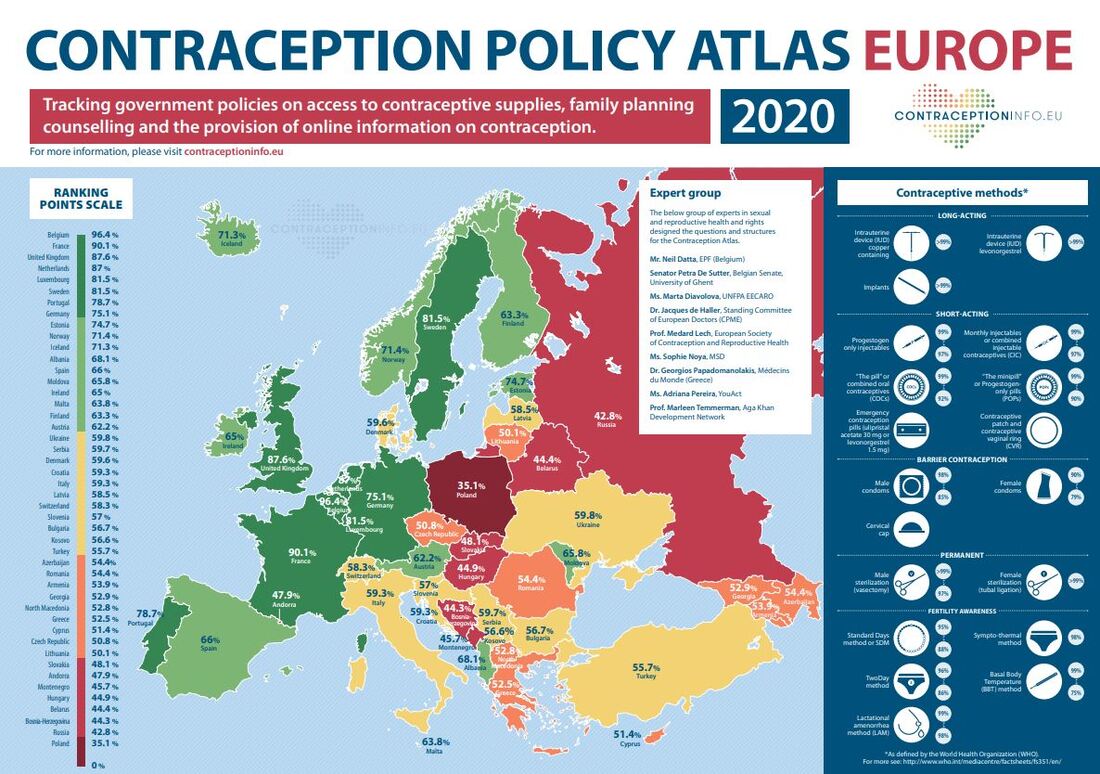 Meryame Kitir, photo RTL
Meryame Kitir, photo RTL The policy declaration and note of new Minister for Development Cooperation Meryame Kitir builds on the lessons learned from the COVID-19 pandemic. This crisis demonstrates the importance of strong public sectors, such as health care, education and social protection.
ODA makes up a crucial lever to ensure sustainable recovery, so the declaration reads. The Belgian government has committed to a growth path to reach 0.7% by 2030.
ODA makes up a crucial lever to ensure sustainable recovery, so the declaration reads. The Belgian government has committed to a growth path to reach 0.7% by 2030.



 RSS Feed
RSS Feed